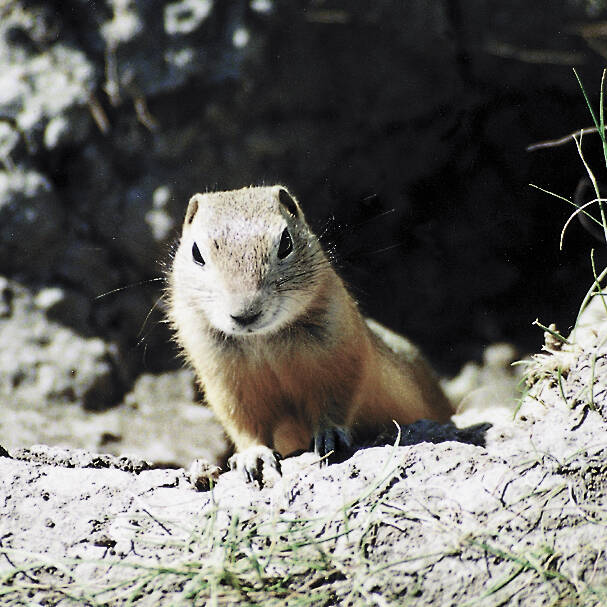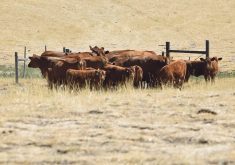Spring wheat could be the sleeper crop in 2009, according to market analyst Mike Krueger.
The Fargo, N. D.-based president of The Money Farm consulting service has told his clients to lock in diesel fuel prices, if they can, and secure spring fertilizer supplies because it could be short.
Krueger told the Manitoba Special Crops Symposium in Winnipeg last month that wheat prices will remain firm and could even improve.
“In my opinion the wheat market in the year ahead is going to be the real sleeper because I think we’re going to see some real dramatic changes in world supply and demand as we go forward from this year,” he said.
Read Also

‘Devastating’: PMRA blocks Alberta’s joint emergency strychnine bid
Agency rules proposed mitigation measures insufficient to lower environmental risk, despite growing Richardson’s ground squirrel population.
There was record world wheat production in 2008, partly because record high prices encouraged increased plantings and farmers invested in more inputs, Krueger said.
But prices have since declined so farmers this spring will plant less wheat in favour of crops that promise a higher return. They won’t invest as much in wheat production either. The combination will result in lower world production, tighter supplies and possibly stronger prices.
Winter wheat acreage in the U. S. this year is down four million from 2008 and Krueger predicts American spring wheat plantings will fall five to 10 per cent because futures prices are better for other crops.
“I think the U. S. wheat crop could be 20 per cent smaller than it was this past year,” Krueger said.
“If we have a late, wet spring – and it’s certainly looking like that – that will push more acres (in North Dakota) away from wheat.”
Farmers in North Dakota’s Red River Valley won’t seed spring wheat later than May 1, switching to soybeans, sunflowers, barley or canola instead, he added.
American wheat acres in 2009 might be the lowest since the mid-1970s, he said.
“Returns per acre are again back to levels where it’s (wheat) probably fifth or sixth in terms of farmers’ choice in just looking at dollars per acre,” Krueger said. “U. S. (wheat) acres have been declining steadily since the mid-’70s (until just recently).”
U. S. farmers will cut corn acres in favour of soybeans this spring because of higher fertilizer costs and a late harvest that delayed fall fertilizer applications, Krueger predicted. (Some analysts predict the opposite, saying farmers will increase corn acres because its potential yield is so much more than soybeans’.) [email protected]














